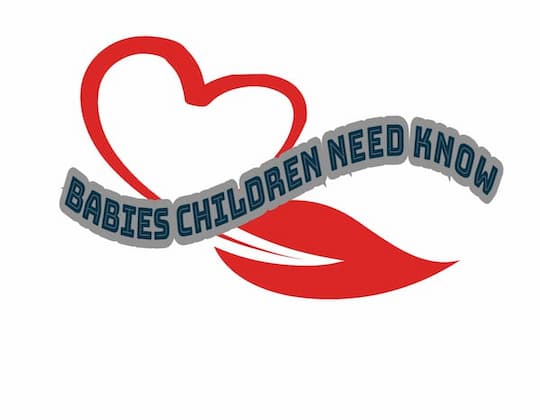KNOW BABIES NEED
When you’re first starting out as a parent, you have all kinds of questions.
What kind of diapers do they need?
Do they need to wear baby shoes?
Do they really need to be swaddled in the crib?
With all the new technology out there, it’s easy to get confused by what’s necessary and what’s just a gimmick.
Luckily, we’ve got answers for all your questions here with our list of seven services you probably didn’t know babies need!
Mental stimulation
A child's brain is almost completely formed by age 3, but it continues to grow and develop until around age 11.
Stimulating a child's brain during these early years has lasting effects on his or her memory, critical thinking skills, creativity, and other cognitive functions.
Adults can help with mental stimulation through verbal interactions, storytelling, music, and arts.
A safe place to play
We all know that kids need to be active and moving about as much as possible, but they need to do so in a safe environment.
That’s why parents should look into finding an age-appropriate play space where their little ones can enjoy free play with other children—not only is it healthy, but fun too!
Be sure to read reviews from other parents who have used these spaces before you make a commitment.
Discipline and a routine
If your baby isn’t following a strict sleep and eating schedule, you’re going to be in trouble.
A baby that eats every few hours and sleeps every couple of hours is a happy, healthy baby.
Get him on a routine—and stay on one yourself—so you can both be happier and healthier.
To have a healthy pregnancy, eat a balanced diet including plenty of fruits and vegetables.
Here are some good sources of calcium: dairy products (e.g., milk, cheese), dark leafy greens (e.g., kale, collard greens), sardines or salmon with bones, and soybeans.
Vitamin D is also essential for proper bone health; it is found in oily fish (salmon, mackerel), eggs, and fortified cereal grains.
Physical activity
Kids are naturally active, but that doesn’t mean they’re getting enough exercise to maintain a healthy weight.
In fact, physical activity declines as children get older. Studies show that 60 percent of children aged 6 to 11 aren’t getting enough exercise.
This can lead to all sorts of problems, including obesity and health issues related to a sedentary lifestyle (such as diabetes). Make sure your kids are physically active for at least three hours each day, either on their own or with you.
Healthy role models
Children need to have adults in their lives who serve as role models.
Whether that means taking your child to a family reunion or setting a good example yourself, a role model can give kids insight into what it means to be an adult and how they might grow up to live their lives.
The right kind of toys (and maybe not so many toys?)
Baby toys are cute, but it’s a good idea to keep in mind that babies don’t need many toys to be happy.
The study found that kids who played with fewer toys were better able to concentrate on more complex tasks later on.
So, maybe your baby just needs a blanket and some stacking cups – but not another stuffed animal.
And if you're thinking about buying a present for someone else's child, ask whether they have enough stuff before you buy something new.



Comments
Post a Comment